
Young Perthshire songwriter Hannah Charles uses river baths and her love of music to help alleviate the symptoms of chronic fatigue syndrome (CFS).
The 28-year-old swims in the River Tay as the cold water brings her temporary relief from the condition.
She finds cold water immersion helps a lot.
So as well as her river swims, Hannah has a barrel filled with cold water in her garden which she sits in twice a day.
Hannah was diagnosed at the age of 26
The young musician, who was diagnosed at the age of 26, also finds singing, song-writing and playing her guitar and ukelele helps her find some positivity in her battle against the illness, which is also known as ME.
Chronic fatigue syndrome has been known to run in families and this is the case with Hannah – both her mum and her younger sister have also experienced the condition.
Her mum Sarah developed the condition when she was 21 and it lasted eight years.
Hannah’s sister Sarah-Claudia (23) also developed CFS when she was 18 and had it for two-three years.
Hannah said: “They are mostly ok now but they definitely have some residual effects from it like they still get affected by things and they have to be careful.”
What is chronic fatigue syndrome?
Chronic fatigue syndrome (CFS) or Myalgic Encephalomyelitis (ME) is a long term (chronic) neurological condition that affects the nervous and immune systems.
People with ME/CFS experience severe pain and extreme fatigue.
This is when the body is not able to recover after using even small amounts of energy.
This fatigue feels very different from ordinary tiredness and it might take a day or two to kick in after physical, mental, or emotional exertion.
There are around 20,000 in Scotland living with persistent and fluctuating symptoms including post exertional malaise, pain and cognitive dysfunction.
The condition can affect anyone, including children, but is more common in women and tends to develop between the person’s mid-20s and mid-40s, according to the NHS.
It doesn’t go away with sleep or rest and affects everyday life.
How many are affected by chronic fatigue syndrome in Tayside and Fife?
A charity, supporting people with the condition, MEAction Scotland, said there are no specific numbers available for how many people in Fife and Tayside have ME/CFS.
This is because there is no referral pathway, so patients often don’t see any doctors for years – despite their very poor health.
But a spokeswoman added that Fife has the only ME specialist nurse in Scotland, Keith Anderson, who sees patients at a private clinic in Ladybank.
Hannah feels she is still in lockdown
Hannah feels like she is still in lockdown as she continues to battle chronic fatigue syndrome.
Most of the time she is house-bound.
And there have been weeks when she has struggled to get out of bed.
The young musician, who lives in Luncarty, first started experiencing symptoms three years ago in March 2020.
When she came home from busking in Perth, she was feeling really ill.
When did Hannah start having symptoms?
Hannah explained: “At the time I started having symptoms I was studying a music course.
“I was doing a music HND with The Academy of Music and Sound.
“Every few weeks or so I had about three or four days of deep fatigue, brain fog and flu-like symptoms.”
She said the deep fatigue she had was nothing like anything she had ever experienced before.
“It’s fatigue that you can get a bit of relief from resting but it doesn’t go away,” Hannah explained.
“And during my flare ups, I have had ones which have seen me in bed for weeks.”
Her symptoms came and went over the next few months and she went to her GP to try and get some help.
“I remember phoning up the doctor’s a few times when my symptoms were on and off.
“And I kept being asked if I was depressed.
“By the time my physical symptoms were taken seriously, my mood wasn’t great but that is because I was feeling so ill.”
Hannah believes if her symptoms had been taken seriously during that stage – with the necessary advice about not pushing through – the illness might not have taken hold the way it eventually did.
Hannah said: “On the days when the symptoms first started, if I had rested, I think I would have given myself a better chance of it not taking such a terrible grip.”
Pushing through her symptoms
She says her doctor advised her to build up her energy by going for walks but she found her condition worsened with exercise.
“I tried to push through my symptoms by climbing two Munros, exercising every day, running and going on bike rides.
“But with this illness the harder you push yourself, the worse you can get and that has definitely been my experience.
“Even a small amount of activity can make your symptoms worse.
“It can be a simple thing like just going for a walk.”
The diagnosis
In autumn 2021, Hannah was diagnosed with chronic fatigue syndrome CFS.
She said: “I have gone from being able to exercise every day to being punished physically for doing a walk.
“I am basically still in lockdown – things haven’t really changed for me since lockdown was lifted.
“I am in the house most of the time. There is the occasional outing but I end up paying for that physically too.
“Every time I pick up a cold or a flu that can leave me in bed for weeks so there is a risk of catching something as well when I go out.”
There is no cure for chronic fatigue syndrome and Hannah experiences pain daily.
She has constant flu symptoms, brain fog, concentration, nausea and memory retention issues and fatigue which doesn’t improve with rest.
She said: “Right now there is no effective cure or treatment.
“I am on painkillers everyday and I also do cold water immersion which brings temporary relief.”
Hannah feels it is very important to raise awareness of CFS/ME.
“I think it is important to raise awareness because it is an invisible illness and it fluctuates as well.
“People with ME can look completely fine and often when you are with them they are giving every bit of their energy to being present.
“It can be hard to tell.”
Finding moments of positivity
Hannah tries to find moments of positivity on days when her pain is more bearable.
And it is usually through something creative.
“I am a singer-songwriter and I do some music stuff sometimes with my partner, Leo.
“I sometimes play my guitar and Ukelele.
“But because my illness fluctuates so much, I just do things when I can, taking those moments.”
She has been unable to find a full-time job that would work with her condition.
But Hannah is in the process of launching an online shop, Invermoon, with Leo, – selling Scottish-themed products.
Hannah added: “I am very lucky to have my partner and a very supportive family around me.”
Helen McDade, volunteer with ME Action Scotland, said: “It is very difficult for someone with ME, which is an “invisible” illness, to share their story publicly.
“It is stressful and takes energy which will probably cause a worsening of symptoms.
“So ME Action and people with ME are very grateful to Hannah and others who have done that, to try and gain medical care and support for all.”
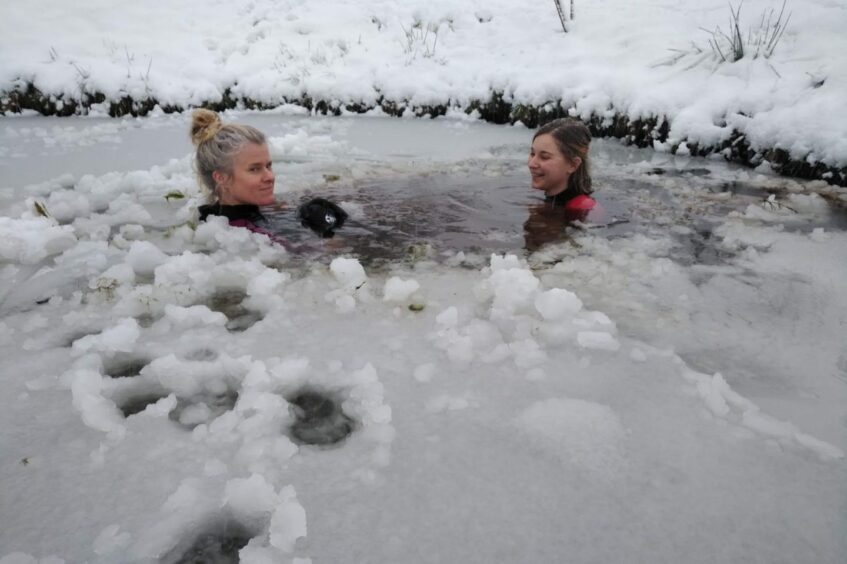
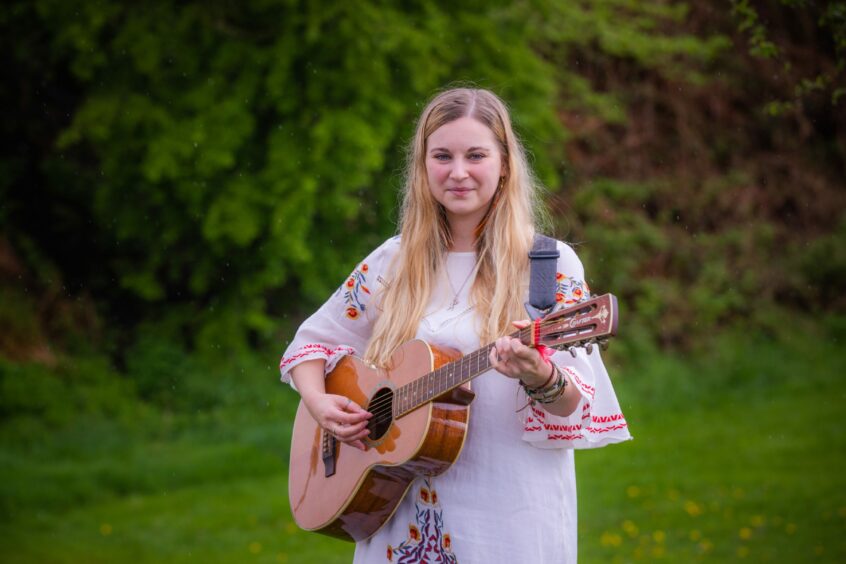
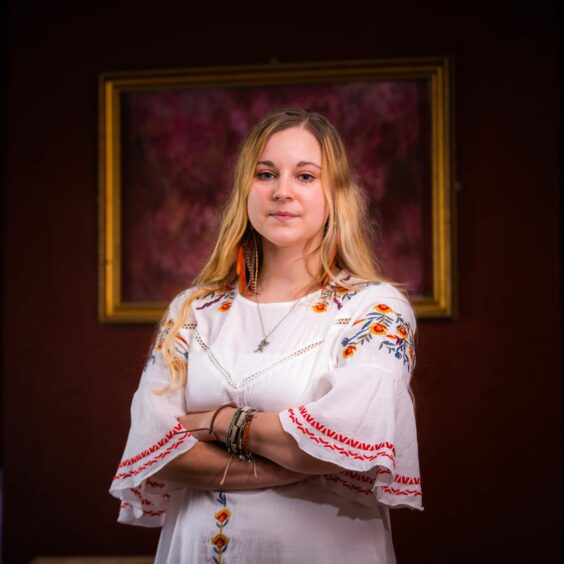
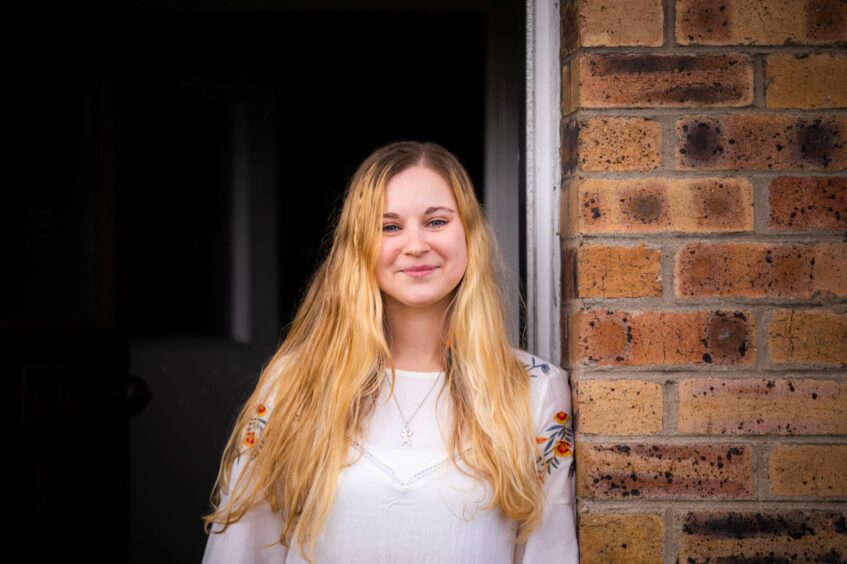
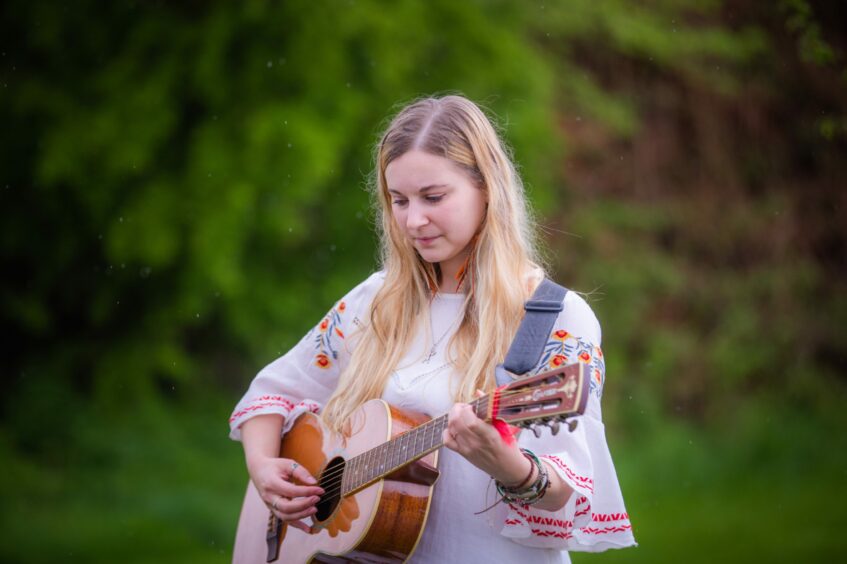







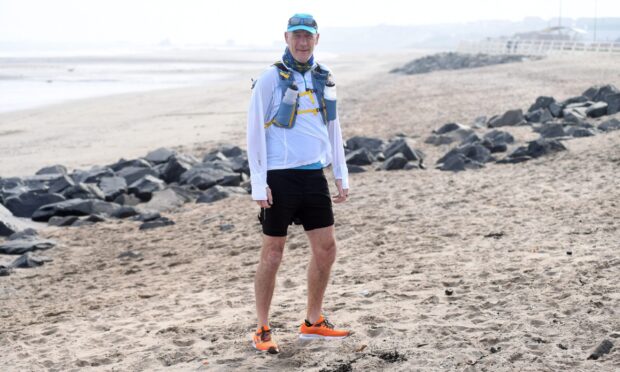
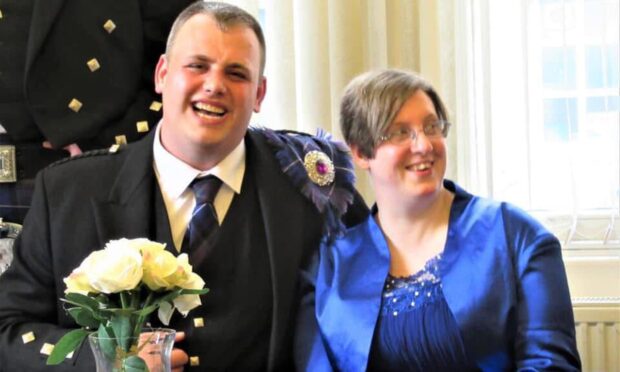
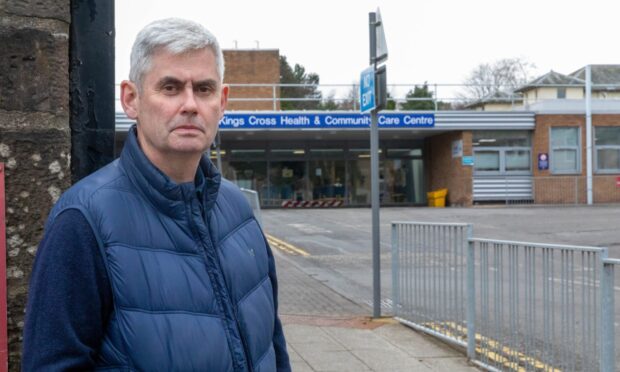
Conversation